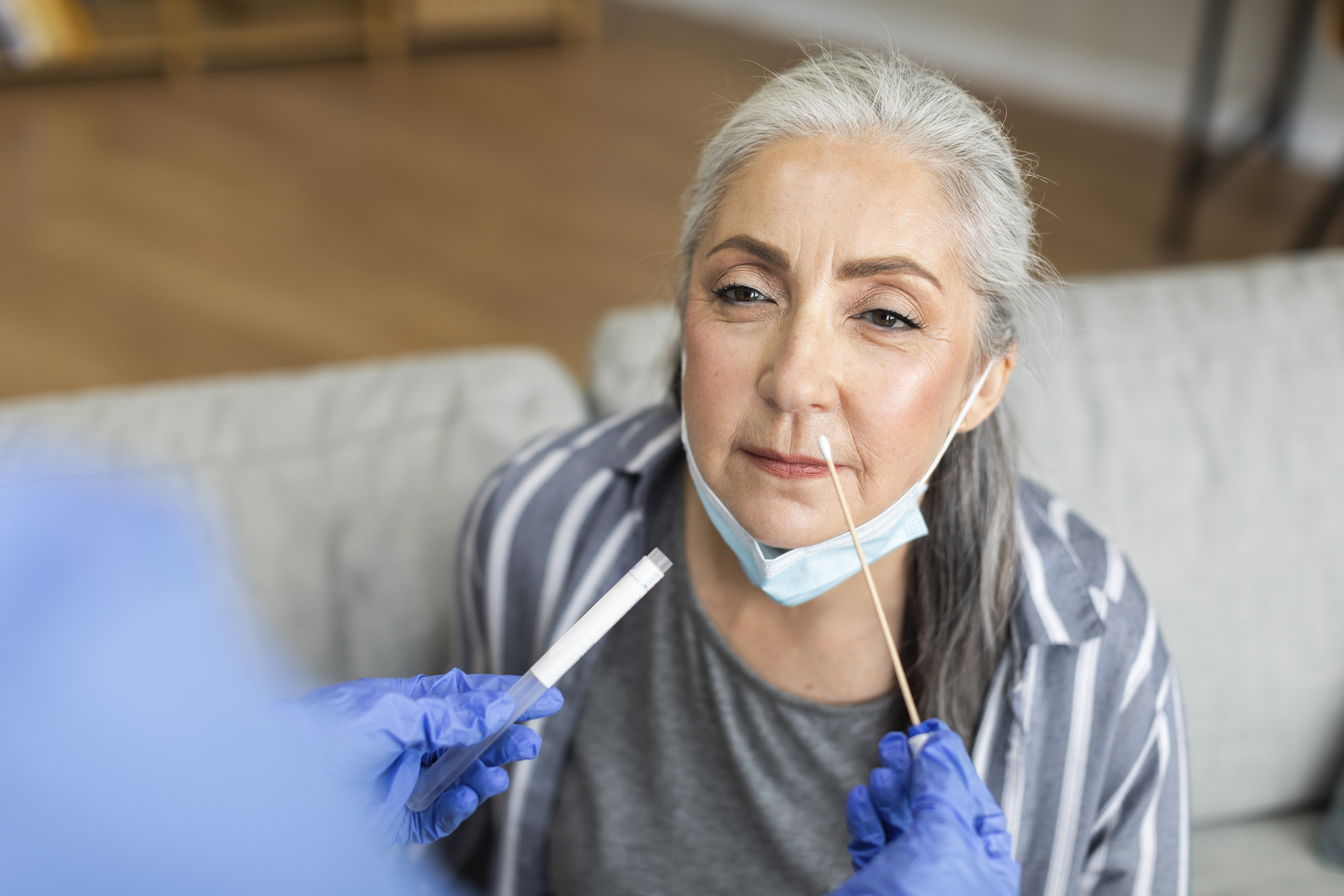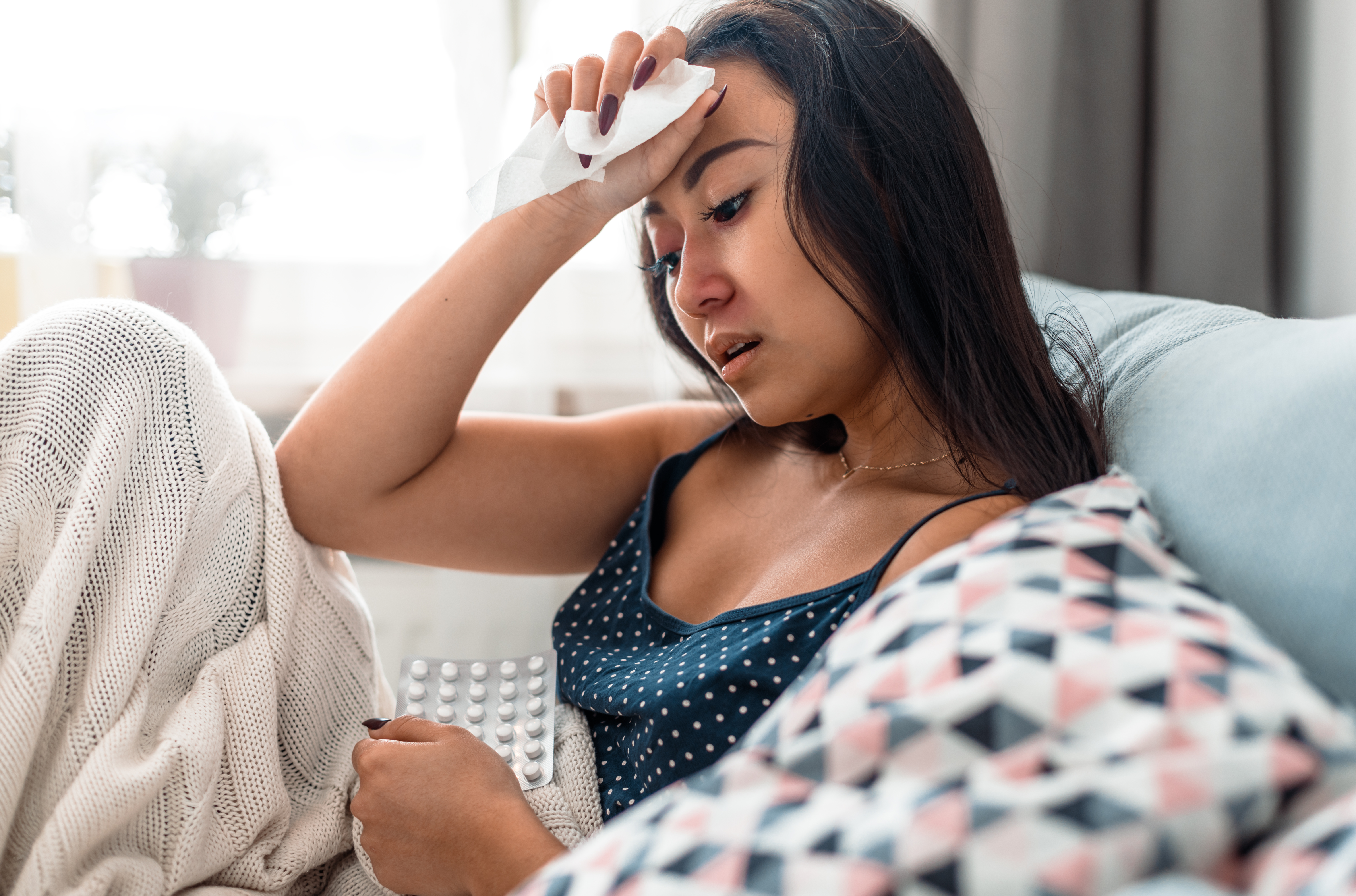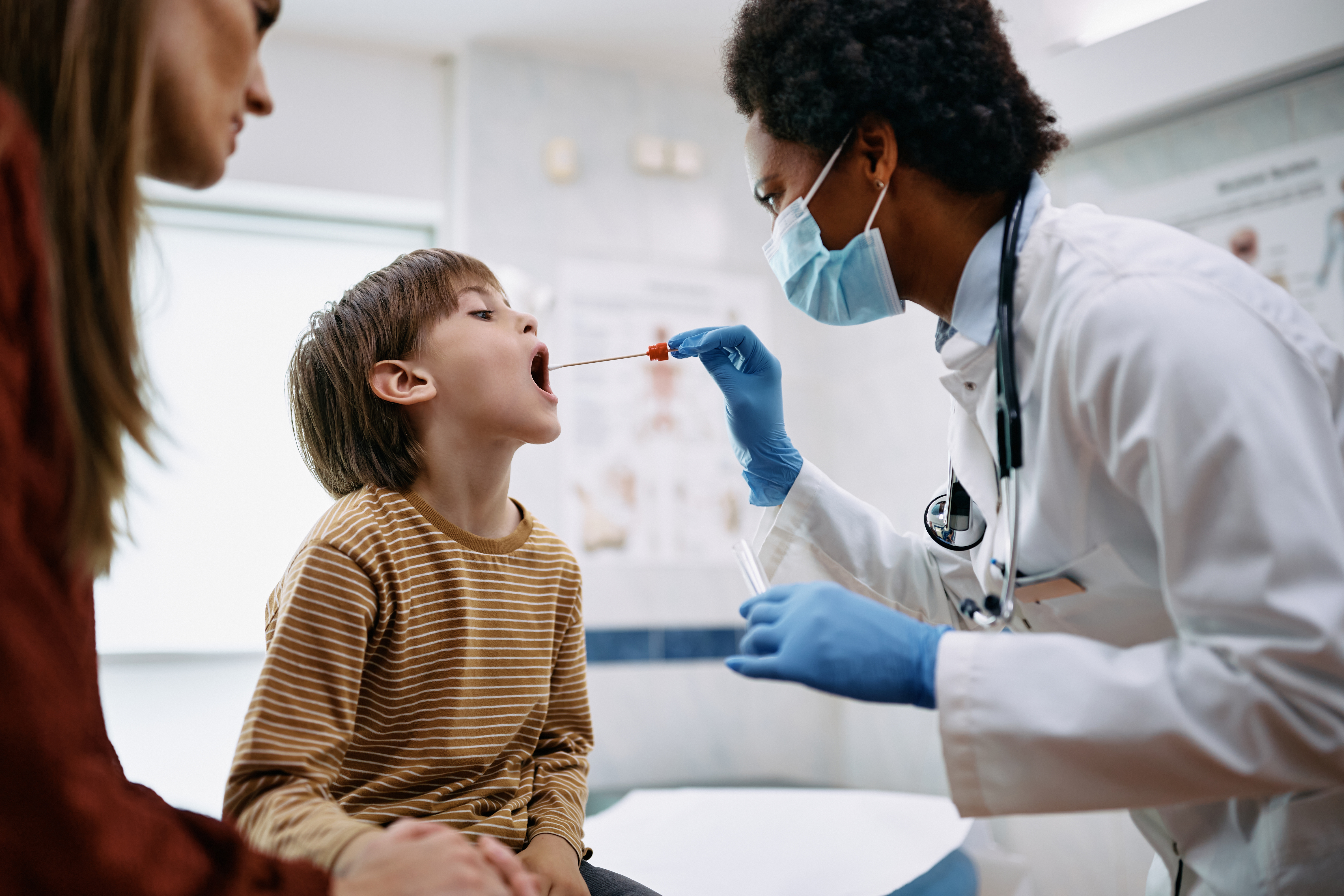Norovirus Alert: 12 Prevention Tips Everyone Needs Right Now
Norovirus, often dubbed the "winter vomiting bug," is a highly contagious virus that causes gastroenteritis, an inflammation of the stomach and intestines. It is notorious for triggering outbreaks in enclosed environments like cruise ships, schools, and nursing homes. Each year, norovirus affects millions of people worldwide, leading to symptoms such as vomiting, diarrhea, stomach cramps, and, in severe cases, dehydration. The virus is resilient, able to survive on surfaces for extended periods, making it particularly challenging to control. Understanding how norovirus spreads and implementing preventive measures is crucial for mitigating its impact. This article will delve into 12 essential everyday prevention tips that can help you arm yourself against norovirus, ensuring you and your loved ones stay healthy and safe.
1. The Importance of Hand Hygiene

Hand hygiene is the cornerstone of preventing the spread of norovirus. The virus is primarily transmitted through direct contact with an infected person or by touching surfaces contaminated with the virus. Washing your hands thoroughly with soap and water is the most effective way to remove norovirus particles. Hand sanitizers, while convenient, are not as effective against norovirus as they are against other pathogens. It's important to wash your hands before eating, after using the restroom, and after any contact with potentially contaminated surfaces. Teaching children proper handwashing techniques can significantly reduce their risk of infection and help prevent outbreaks in schools and daycare centers.
2. Safe Food Handling Practices

Norovirus can also be transmitted through contaminated food and water. Ensuring safe food handling practices is essential to prevent infection. Always wash fruits and vegetables thoroughly before consumption, and cook seafood, particularly shellfish, to the recommended temperatures to kill any potential viruses. Avoid preparing food for others if you are experiencing symptoms of norovirus, as this can easily lead to contamination. Additionally, be mindful of the water sources you use for cooking and drinking, especially when traveling. Boiling water or using a reliable water filtration system can help eliminate the risk of norovirus contamination.
3. Disinfecting Surfaces and Objects

Norovirus can survive on surfaces for days, making regular disinfection crucial in preventing its spread. Focus on high-touch surfaces such as doorknobs, light switches, countertops, and bathroom fixtures. Use a bleach-based cleaner or a disinfectant that is effective against norovirus, following the manufacturer's instructions for proper dilution and contact time. For items like toys and utensils, consider using a dishwasher with a sanitizing cycle. Regularly disinfecting surfaces in your home, workplace, and other frequently visited areas can significantly reduce the risk of norovirus transmission.
4. Recognizing Symptoms and Acting Quickly

Being able to recognize the symptoms of norovirus early can help prevent further spread. Common symptoms include nausea, vomiting, diarrhea, stomach cramps, and sometimes fever. These symptoms typically appear 12 to 48 hours after exposure to the virus and can last for one to three days. If you suspect you have norovirus, it's important to isolate yourself from others and avoid preparing food. Stay hydrated by drinking plenty of fluids, and seek medical attention if symptoms persist or worsen. Prompt action can help contain the virus and protect those around you.
5. The Role of Immunity and Vaccination

While there is currently no vaccine for norovirus, research is ongoing to develop one. Understanding the role of immunity in norovirus infections can help in prevention efforts. People can become infected with norovirus multiple times due to the virus's genetic diversity and the short-lived immunity following infection. Some individuals may have partial immunity due to previous exposure, but this is not guaranteed. Staying informed about advancements in norovirus vaccination research can prepare you for future prevention strategies and contribute to broader public health efforts.
6. The Impact of Norovirus on Vulnerable Populations

Certain populations are more vulnerable to severe norovirus infections, including the elderly, young children, and individuals with weakened immune systems. These groups are at a higher risk of dehydration and complications from the virus. Understanding the specific needs and risks associated with these populations is crucial for effective prevention and care. Caregivers and healthcare providers should be vigilant in monitoring symptoms and ensuring proper hydration and nutrition. Community awareness and targeted prevention measures can help protect these vulnerable groups from the severe effects of norovirus.
7. The Connection Between Norovirus and Travel

Traveling can increase the risk of norovirus exposure, particularly in crowded or enclosed environments like airplanes, cruise ships, and hotels. Being aware of the risks and taking preventive measures can help protect you during your travels. Practice good hand hygiene, avoid close contact with sick individuals, and be cautious with food and water consumption in unfamiliar locations. Consider carrying disinfectant wipes and hand sanitizer when traveling to maintain cleanliness in shared spaces. Staying informed about norovirus outbreaks in travel destinations can also help you make safer travel decisions.
8. Norovirus and Public Health Policies

Public health policies play a critical role in managing norovirus outbreaks and preventing their spread. Health authorities often implement measures such as quarantine, public awareness campaigns, and guidelines for food safety and sanitation during outbreaks. Understanding and adhering to these policies can help protect yourself and your community. Public health policies also guide research and funding for norovirus prevention and treatment, contributing to long-term solutions. Staying informed about public health recommendations and participating in community efforts can enhance collective resilience against norovirus.
9. The Economic Impact of Norovirus Outbreaks

Norovirus outbreaks can have significant economic impacts, particularly in sectors like healthcare, hospitality, and food service. The costs associated with treating infections, implementing control measures, and lost productivity can be substantial. Businesses may face reputational damage and financial losses due to closures and reduced consumer confidence. Understanding these economic implications highlights the importance of investing in prevention and control strategies. By reducing the incidence of norovirus, communities can minimize economic disruptions and support overall public health and well-being.
10. The Psychological Effects of Norovirus

Beyond the physical symptoms, norovirus infections can also have psychological effects, particularly during widespread outbreaks. Anxiety about contracting the virus, the stigma associated with illness, and the stress of caring for sick family members can impact mental health. Recognizing these psychological aspects is important for comprehensive prevention and care. Providing support and resources for mental health can help individuals and communities cope with the challenges of norovirus outbreaks. Encouraging open communication and fostering a supportive environment can alleviate some of the psychological burdens associated with the virus.
11. Community Involvement in Prevention Efforts

Community involvement is essential for effective norovirus prevention. Local organizations, schools, and businesses can play a significant role in promoting hygiene practices and supporting public health initiatives. Community education programs can raise awareness about norovirus and its prevention, empowering individuals to take proactive measures. Collaboration between community members, healthcare providers, and public health officials can enhance prevention efforts and ensure a coordinated response during outbreaks. By fostering a sense of shared responsibility, communities can build resilience and reduce the impact of norovirus.
12. Innovations in Norovirus Detection and Control

Advancements in technology and research are paving the way for innovative approaches to norovirus detection and control. Rapid diagnostic tests, improved sanitation technologies, and new treatment options are being developed to enhance prevention and response efforts. Understanding these innovations can help individuals and communities stay informed and adapt to evolving prevention strategies. Supporting research and embracing new technologies can contribute to more effective management of norovirus and reduce the burden of outbreaks. Staying engaged with scientific advancements can empower you to make informed decisions about norovirus prevention.
Empowering Yourself Against Norovirus

Arming yourself against norovirus involves a multifaceted approach that incorporates personal hygiene, safe food practices, community involvement, and staying informed about public health recommendations. By implementing these 13 essential everyday prevention tips, you can significantly reduce your risk of infection and contribute to broader efforts to control and prevent norovirus outbreaks. Empowering yourself with knowledge and taking proactive measures can protect you and your loved ones, ensuring a healthier and safer environment for all. As research and innovations continue to evolve, staying engaged and informed will be key to successfully navigating the challenges posed by norovirus.
